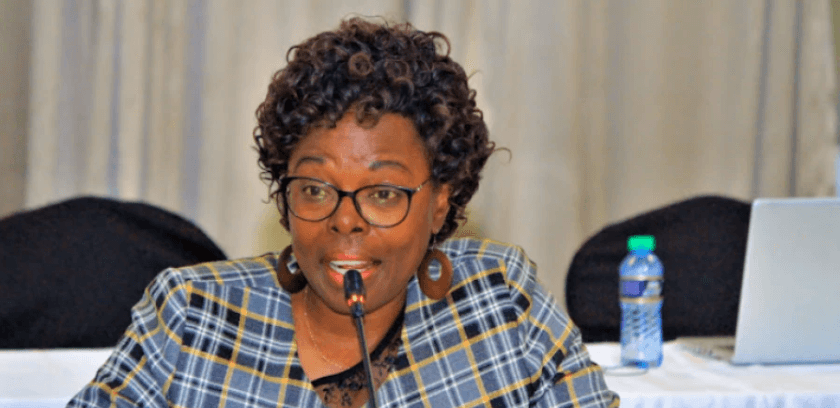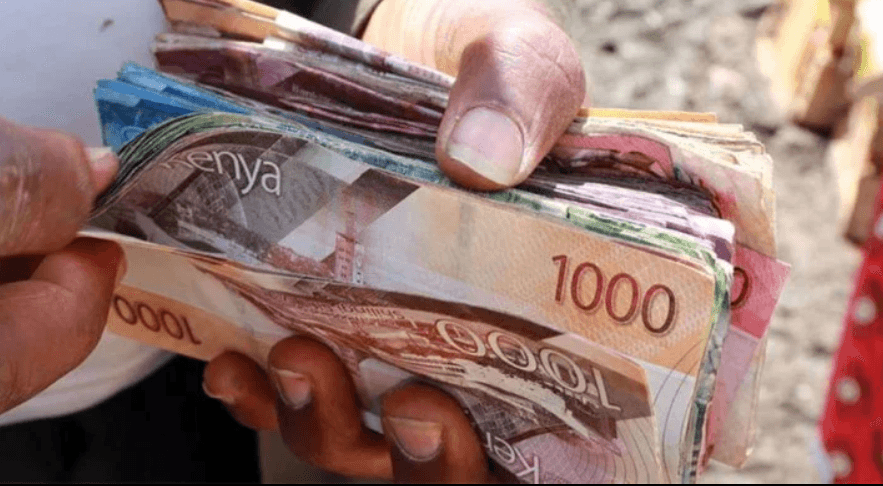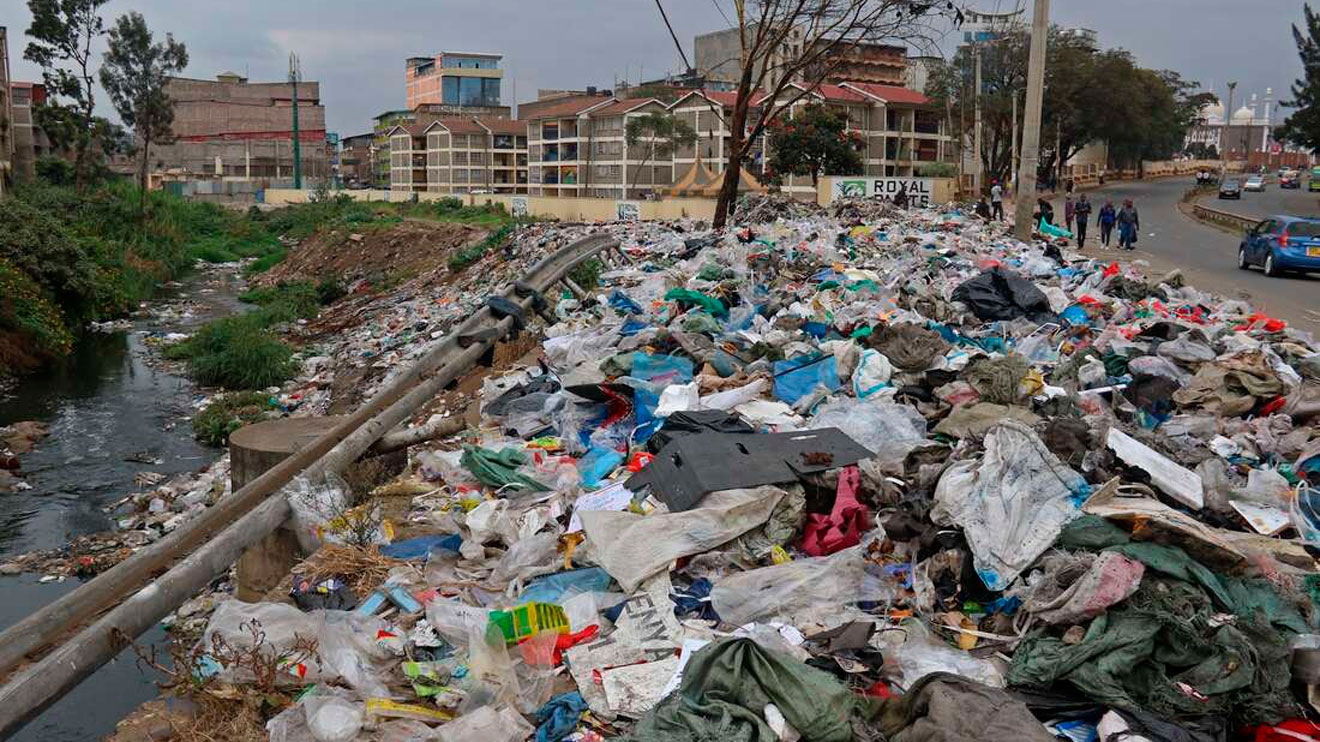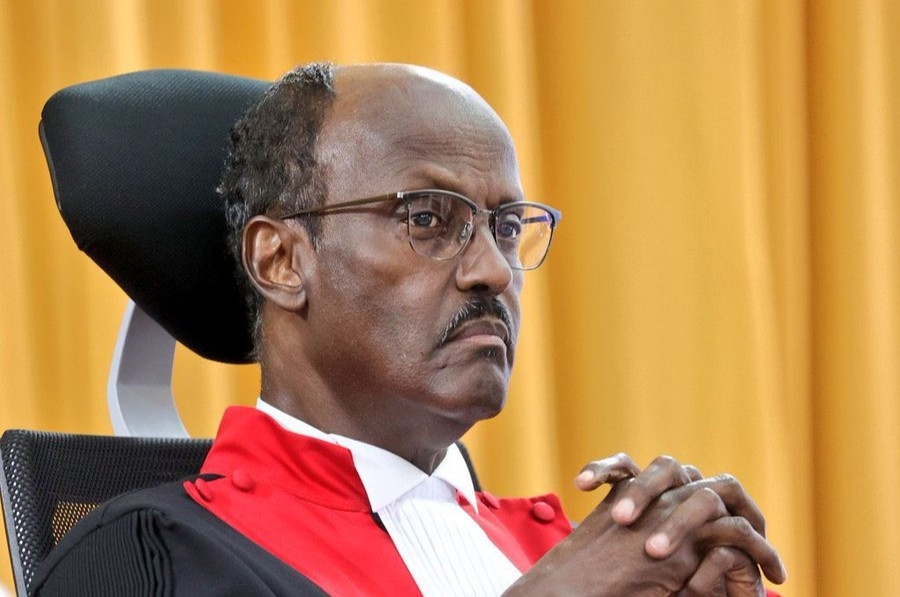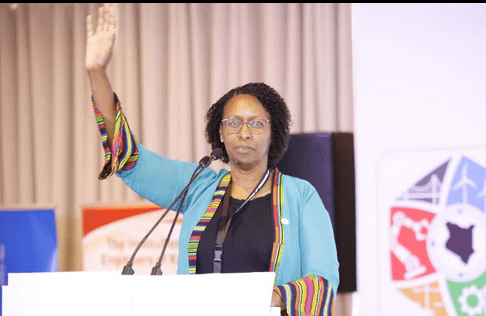Radio globally and in Kenya has been on a chequered journey. The numbers, technology and geographical presence are among the factors that tell and define the times of radio in the country.
Today, we contend with the fact that the radio 'sub-sector' is a completely new game with virtually every corner of this country having a radio of 'its own' broadcasting in the local dialect.
Marking World Radio Day on February 13 as earmarked by Unesco provides a moment to celebrate, especially for Kenyans, the liberation of airwaves.
It's also a day to reflect on the role of radio in promoting constitutionally sanctioned information and providing an avenue for citizens to contribute to matters affecting their daily undertakings.
Grassroots radio stations take the larger share. But they are potentially deprived of operation basics such as trained or experienced human capital, infrastructure, networking opportunities and income streams.
This being the case, there are risks of radio stations running short of the sector laws and stipulated ethos in the management, content development, programming and statutory requisite reporting.
The relevant stakeholders, spearheaded by the Media Council of Kenya, need to put particular focus on capacity building of radio besides compliance.
The regulator should organise structured sessions between national and local stations to draw valuable lessons from the managers, presenters, producers, artists and marketers.
To attain the highest professional code of journalism, restrictions must be enforced, to ensure that only qualified practitioners are engaged in radio stations. Attention should also be placed on the calibre of programming.
Radio audience patterns and persuasions have changed but radio remains in the hearts of many Kenyans.
Corporate communication practitioner








